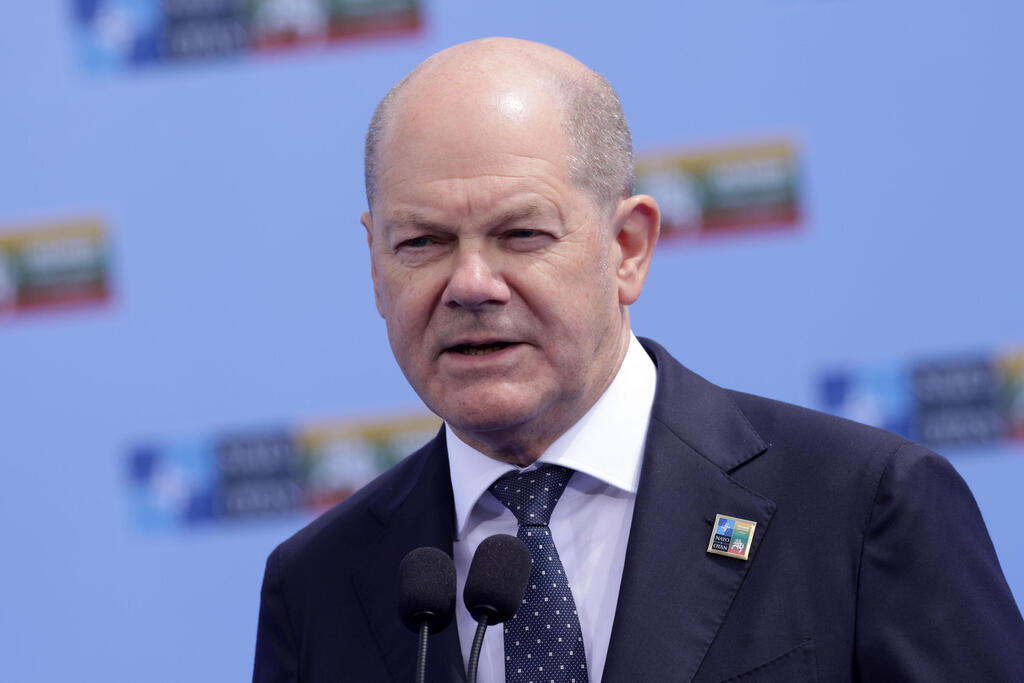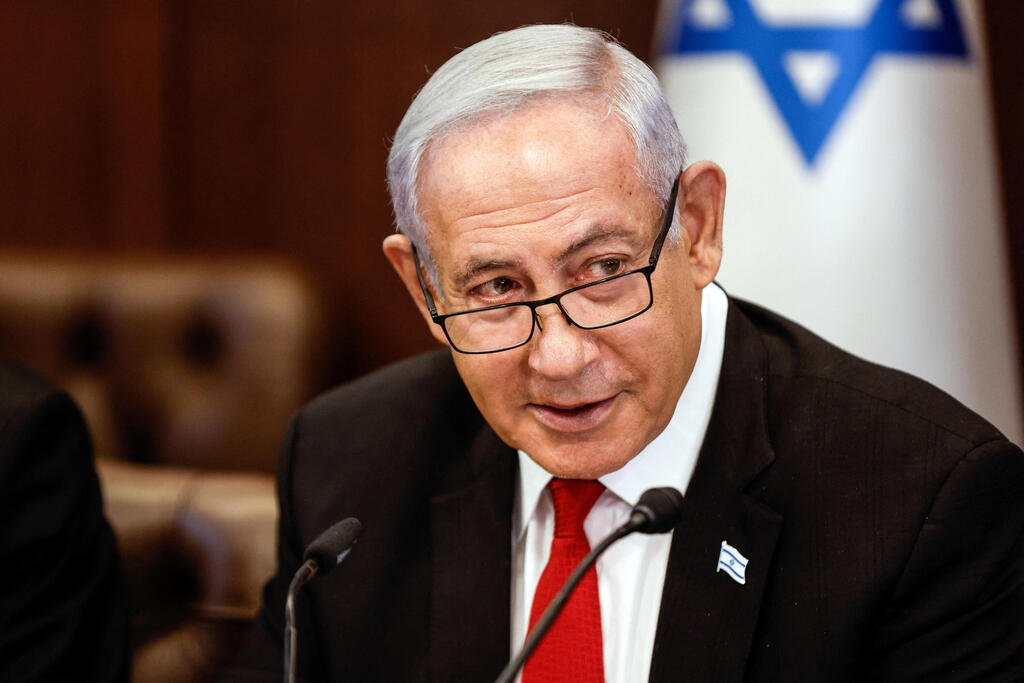German Chancellor Olaf Scholz was asked about his opinion on the judicial overhaul on Monday by two Israeli children who attended the Open Day of the German Federal Government – an event in Germany in which government officials receive questions from the public and provide their answers.
More stories:
Ten-year-old Ben and his 12-year-old sister Alena, who have an Israeli mother and a German father, and are living in Israel, decided to board a bus and head to the event while visiting Berlin on vacation. On the way there, the siblings decided to ask the German chancellor about the judicial overhaul in Israel - and received a detailed response from him.
"We heard about the event and decided to go," Ben explained. "On the bus on the way there, we chose which questions to ask the chancellor," Alena added. "It was really cool because it was spontaneous. We weren't sure if he would answer us, and in the end, he did, and it even made it to the German media, so we were really happy it worked."
It was Alena who presented the question to the Chancellor. "Hello, I'm Alena, we’re German Israelis. As you know, Israeli democracy is currently in danger, and I want to know – what’s your opinion on that, and how can you as the German chancellor help Israeli democracy?"
While in Israel, Prime Minister Benjamin Netanyahu continues to avoid giving interviews to the Israeli media, the German Chancellor responded, "We have all already expressed our opinion, I've talked with Israel’s prime minister and also with Israel’s president. I've clearly stated that I think a majority cannot decide things for a minority, and that in a proper democracy, a minority should always be able to live without fear."
He added, "That's how we decided to do it in the German constitution, in many ways following the terrible experience we had. There's a constitution that can only be changed with a two-thirds majority. When we elect judges, we do it with a large majority - not just a regular majority."
Scholz also said that "every citizen can even sue the government and fight it legally. Those who examine other democratic countries can see that the same thing applies to most of them. Not exactly the same, but very close.”
“Therefore, we still hope that the basic principles of the separation of powers, protection of minorities, stability of the constitution that cannot be changed by a regular majority, and a stable judiciary, will continue to exist in Israel in the future."




